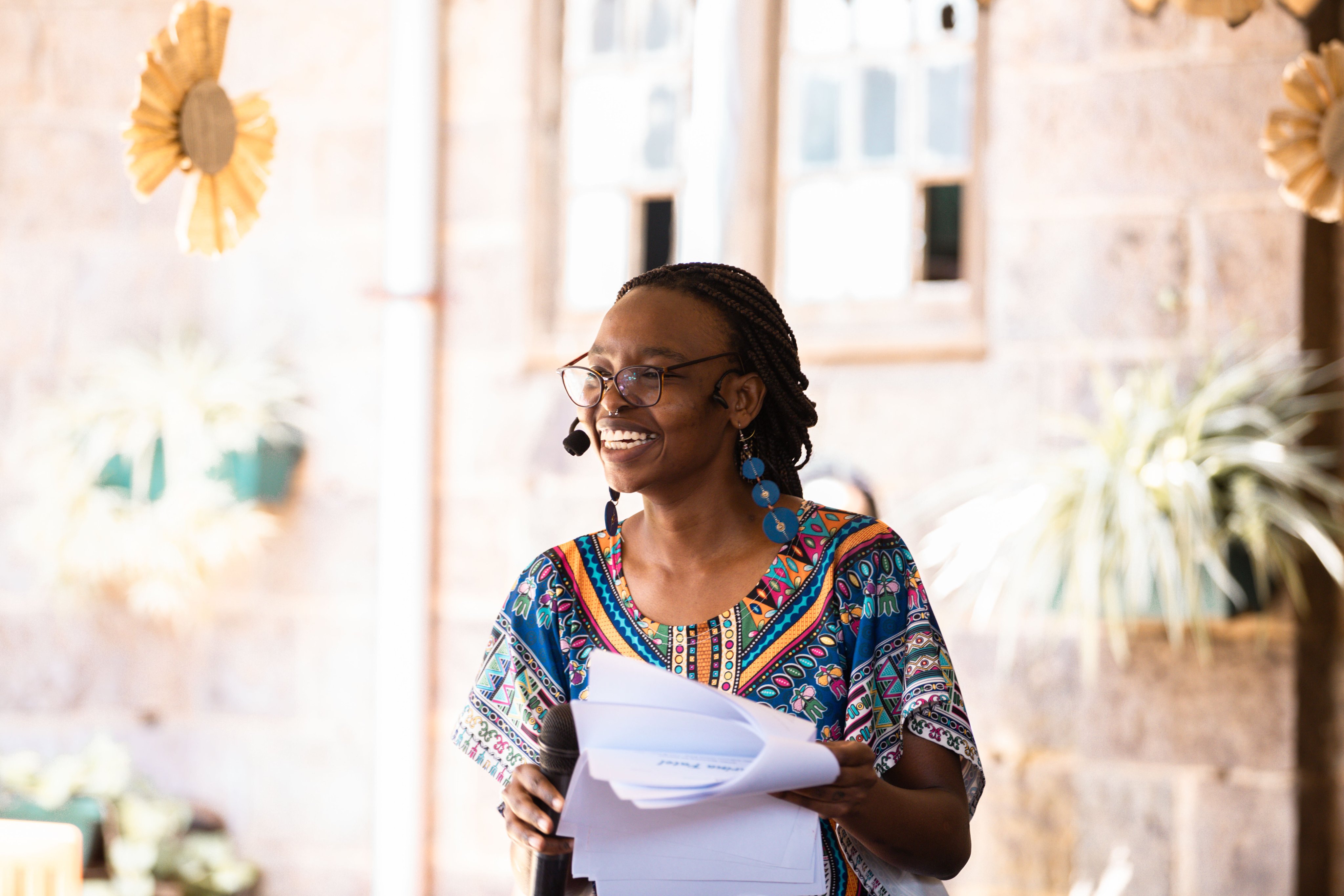

Let’s be honest.
Somewhere along the way, we forgot. Or maybe we were made to forget. Either way, the stories the real, rich, layered African stories started fading.
Not the ones with kings and warriors (those survived in textbooks). But the ones told in kitchens. Around fires. On verandas under mango trees. Especially the ones told by women.
And not just any women our female historians. The ones who didn’t call themselves scholars but knew exactly how the world moved because they lived it, felt it, and talked about it.
Where did they go?
Where did their voices disappear to?
Ask any Kenyan child today to name a female African historian and watch the blank stare. Meanwhile, they’ll give you three Greek philosophers and two American presidents without blinking. The erasure is deep. But not accidental.
Colonial education didn’t just strip us of land, it cut the tongue off the women who passed down truth in whispers and lullabies. Our stories were deemed “primitive” and pushed aside for Shakespeare and the Pythagorean theorem.
So yes, the African story, especially the female one, was not just forgotten. It was actively erased.
But then… I stumbled into something.
You know those 2AM rabbit holes on the internet where you’re just clicking, scrolling, linking like you’re looking for treasure?
That’s where I found it.
Kabrazen.
A podcast. For kids. Kenyan kids. Aged 5 to 13. Hosted by THE LAM Sisterhood.
Now hold up.
You might be wondering, Who are these LAM women and what is this podcast business?
Let me tell you.
Meet the LAM Sisterhood: Loud. Authentic. Magical.
The LAM Sisterhood is not your average “female empowerment” group. They don’t do soft. They do bold. They tell stories that punch you in the gut and make you laugh through your tears. And now? They’re telling them for children.
Kabrazen (yes, that name already sounds like your unapologetic auntie from Western who tells it like it is) is a podcast that introduces children to African female heroes—real ones. Not the ones we decorate with fake halos. The ones who fought, who thought, who taught, who existed fiercely.
And guess what? It’s not just talk. These stories are researched, curated, and beautifully told to inspire the next generation of African thinkers, dreamers, and yes—historians.
Because the cycle has to break somewhere.
The brilliance doesn’t stop with the podcast. The LAM Sisterhood knew kids need more than audio to connect. So they created a colouring book to accompany the episodes.
While they listen to the stories of African women who shaped history, they can colour the world as it was and as it could be.
Learning becomes play.
Play becomes power.
Power becomes memory.
That’s how you replant erased roots. That’s how you grow proud trees.
Why This Matters Now
In a world drowning in content made for other people’s children, Kabrazen is ours.
It speaks in a language our kids understand with names that sound like their
aunties and shoshos. It’s not trying to be Western. It’s not trying to be
trendy. It’s trying to be truthful.
We can’t reclaim what we don’t remember.
But through voices like the LAM Sisterhood, our children might grow up knowing that women have always been the keepers of history and that the best stories aren’t always in books. Sometimes, they’re in podcasts with fire names and vibrant colouring pages.One Final Thing
If you’re a parent, a teacher, an auntie, or a curious soul with a soft spot for legacy, go search for Kabrazen. Go find that colouring book. Sit with a child. Colour. Listen.
Because the African story is not lost.
It’s just waiting to be heard again.











